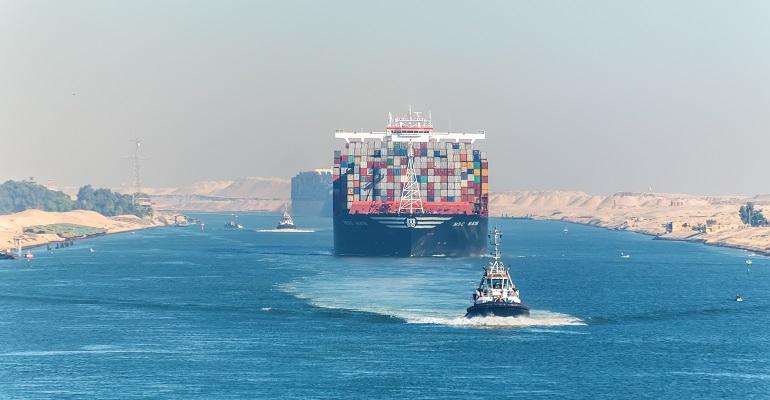Escalating attacks by Yemen’s Houthi rebels on ships in the Red Sea have not only unraveled a key global trade route, sending shipping and insurance costs soaring, but they are also threatening to again push up the cost of living in Africa that is already struggling with crippling debt.
The Red Sea crisis and the mounting geopolitical tensions in the Middle East are forcing vessels into longer and more costly journeys around Africa. If the conflict in Gaza drags on, the trade disruption in the Red Sea could surge inflation. Inflation was expected to ease in 2024 after more than 18 months of interest rate hikes by central banks but if the war in Gaza and the disruption to Red Sea trade drags on, it could surge goods inflation by up to 2%. As vessels have begun avoiding the strait between the Arabian Peninsula and northeastern Africa, trade-dependent African countries, like Egypt, Tanzania and Kenya, have been hit especially hard.
Houthi attacks on Red Sea shipping are becoming a big problem especially for Egypt. With many vessels now avoiding Red Sea routes and Egypt’s Suez Canal, Egypt’s government has seen considerable revenue disappear. While in fiscal year 2022-23, the Suez Canal brought Egypt $9.4 billion in transit fees, the escalating crisis means that the income is now down 40% compared to last year, according to Osama Rabie, chairman of the Suez Canal Authority. At the same time, traffic around the Horn of Africa increased by at least 67%, according to the International Monetary Fund’s (IMF) PortWatch platform.



